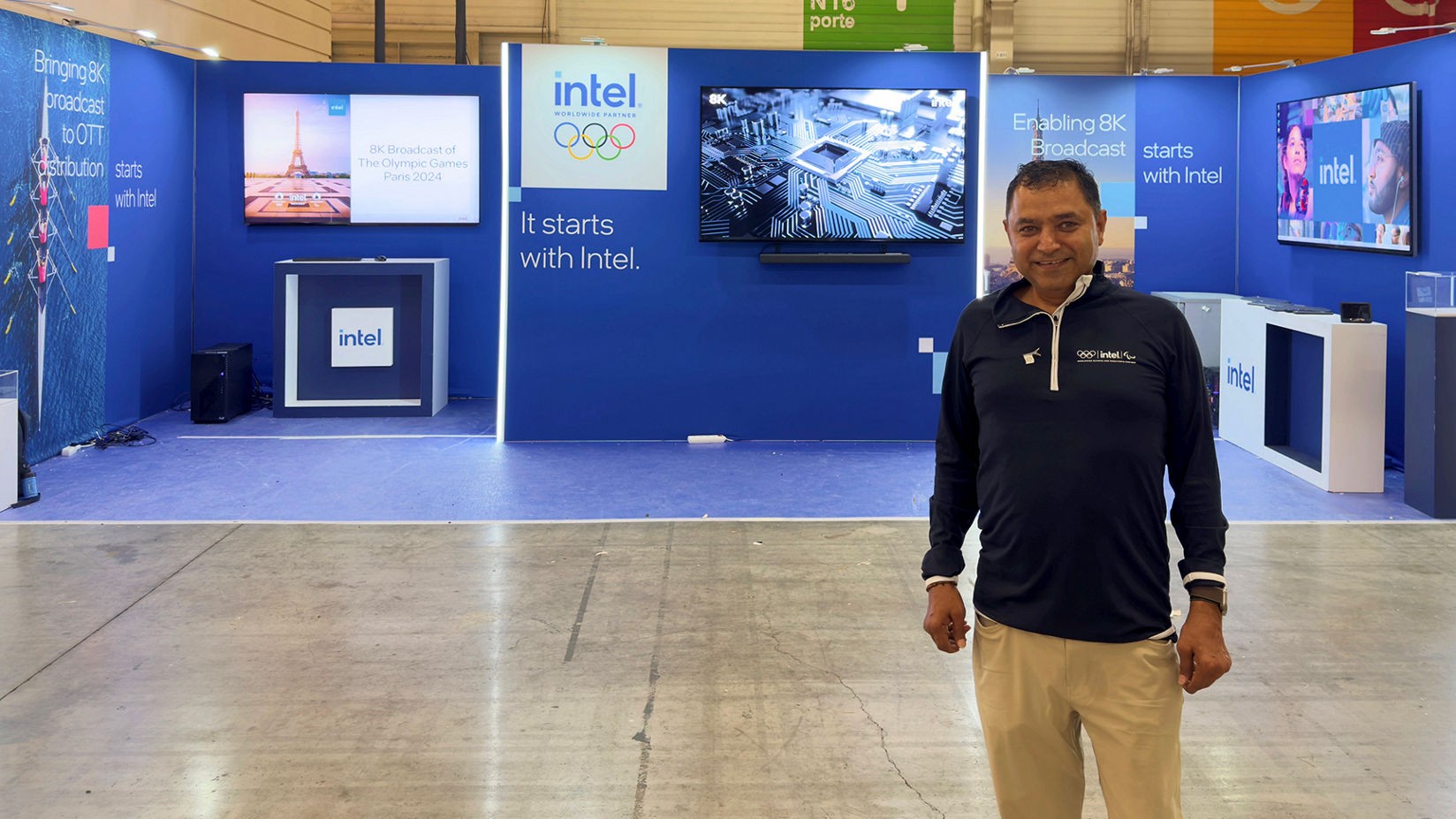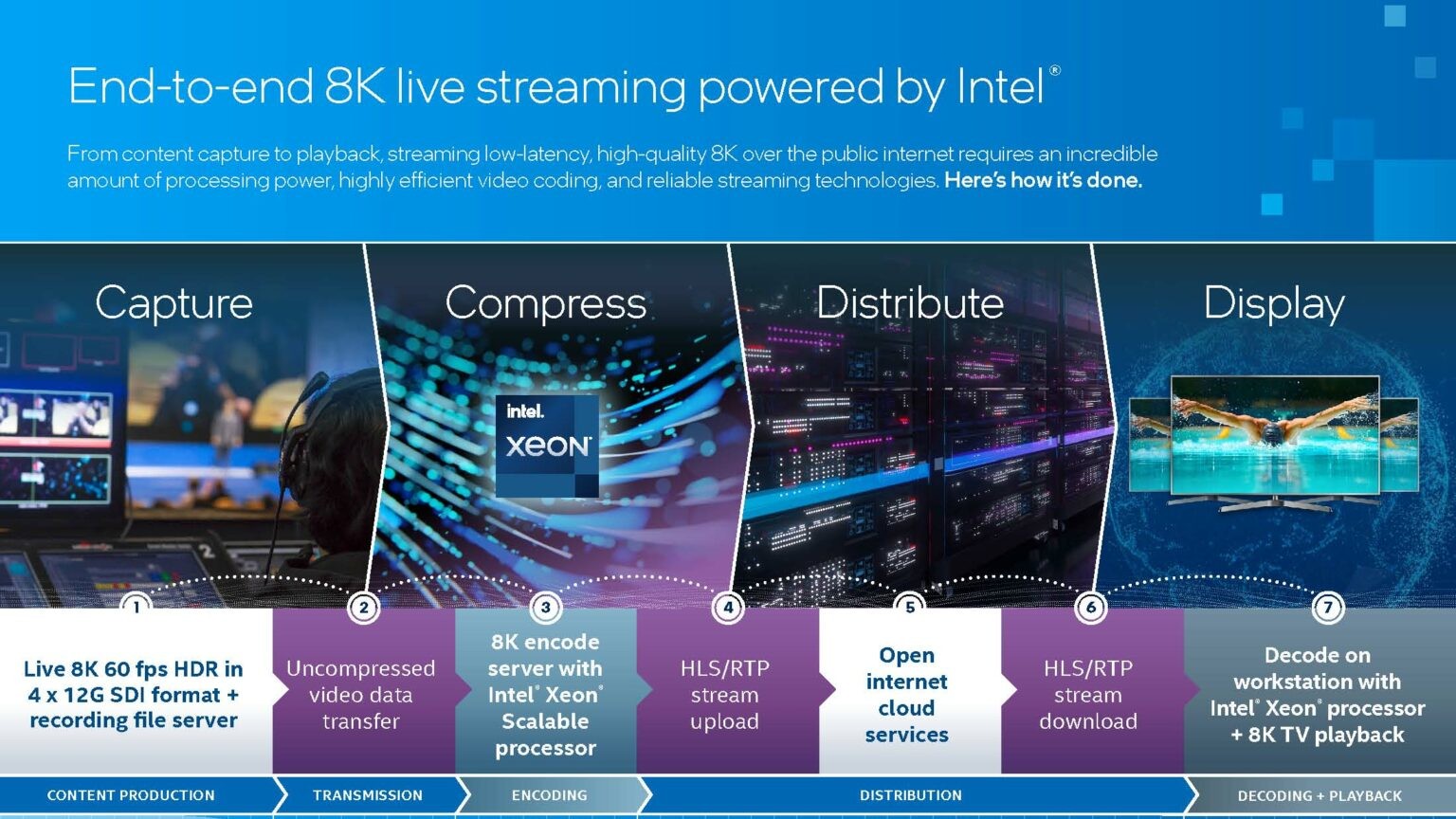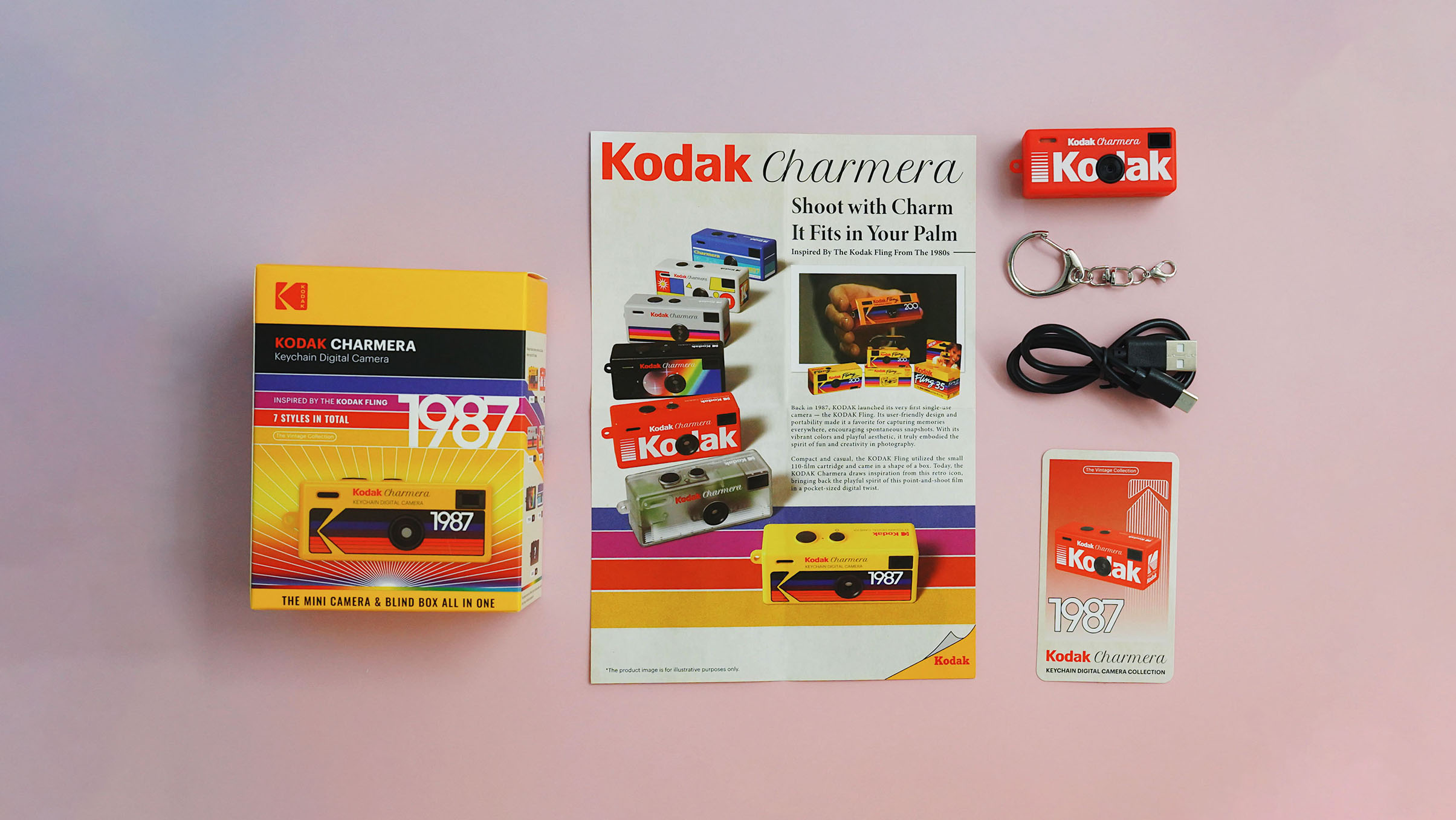
Do you own a 4K TV yet? Many of us don't, feeling that HD or QHD offers enough picture detail as it is. So the idea that, if 4K isn't good enough, the industry needs to move towards 8K instead, might seem alien indeed. And yet the industry seems to be doing just that, albeit without much fanfare.
There have already been 8K TVs on the market for some time. Indeed, the 85-inch Samsung Neo QLED 8K TV is currently discounted to just $5,299.99 in the US. However, in truth, that's mostly been driven by 8K gaming; there hasn't exactly been much in the way of 8K TV to watch.
Well, unless you live in Japan, that is.
Leading the way
In Japan, national broadcaster NHK launched an 8K satellite television service way back in 2018. NHK BS8K currently broadcasts entertainment, art, documentary and sport for 12 hours a day at a resolution of 7680 x 4320 pixels.
And the country has long been ahead of the curve here. Somewhat incredibly, NHK Science & Technology Research Laboratories started to develop an 8K broadcast resolution in 1995. It was publicly displayed at Expo 2005, and the first 8K live feed broadcast was tested at the 2012 Summer Olympics in London.
More recently, at the Tokyo Olympics in 2021, the channel broadcast over 200 hours of coverage in 8K resolution on the BS8K channel. But crucially, until now you've needed a satellite dish and to be in Japan to watch any of this.
This year, though, things are different, with the 2024 Paris Olympics showcasing the world's first 8K live stream broadcast. And this time around it's all being organised by the chip manufacturer Intel, and not restricted to Japan.
The best camera deals, reviews, product advice, and unmissable photography news, direct to your inbox!
Why so secretive?
So why haven't we seen adverts, billboards and mainstream news coverage announcing this exciting moment? This simple truth is that this 8K broadcast isn't meant for the masses.
It's more like a large-scale demo, to demonstrate that 8K streaming can work in practice, encourage broadcasters to start doing it (using Intel tech, of course) and more broadly generate some good PR for Intel.
After all, the technical challenge is immense. First, the cameras are capturing live content in 8K at 60 frames per second in high definition (HDR), at a 48 Gbps bitrate mixed with 32 audio channels.
Next, a purpose-built encoder built using Intel technology is processing that raw content in less than 400 milliseconds and distributing it across the internet "within seconds".
Finally, in custom-made rooms to show off the tech to stakeholders and other people that Intel wants to impress, computers built with Intel's latest chips are decoding the content in real-time before displaying the video feed on an 8K TV.
Intel is also taking the 8K camera footage and sending it to the Olympic Broadcasting Services (OBS) in 8K resolution, to do with it what they wish. Typically, that will mean compressing it for broadcast TV or streaming services in 4K, or in many instances FullHD.
You can see a full explanation of the technical process in the video below.
What does it all mean?
So what does this mean? Are we all a hair's-breadth away from 8K streaming TV going mainstream?
Well, probably not. While the Olympics broadcast may be an interesting experiment, it's not exactly part of a growing trend. As a whole, sporting bodies aren't just shy of adopting 8K – they're actually moving away from 4K, because of cost and lack of infrastructure at the national broadcaster level.
For example, this summer Europe's biggest soccer tournament, the Euros, took place to fevered excitement across the continent. Like the Olympics, it happens once every four years. And yet this much-anticipated event was only broadcast in FullHD HDR.
At the same time, streaming giants like Netflix and Amazon are increasingly making moves to secure live sports rights, as a way of keeping people on their platform once they've watched all nine seasons of Suits. And eventually, 8K could be a good way to wring extra subscription money out of people who want to justify the money they've spent on their 8K TV.
I'll be honest, though, right now it all seems a bit far off and theoretical. So unless you're thrilled by the idea of 8K gaming, or you own one of the best 8K cameras and want to view your own footage at the highest resolution, I'd suggest you don't have to worry about investing in an 8K TV for a while yet. Well, at least until the 2028 Los Angeles Olympics roll around, anyway.
Some of the top 8K cameras include the Canon EOS R5 and R5 Mark II, the flagships Nikon Z8 and Z9, and the high-performance Sony A1 and Sony A7R V.
Tom May is a freelance writer and editor specializing in art, photography, design and travel. He has been editor of Professional Photography magazine, associate editor at Creative Bloq, and deputy editor at net magazine. He has also worked for a wide range of mainstream titles including The Sun, Radio Times, NME, T3, Heat, Company and Bella.



